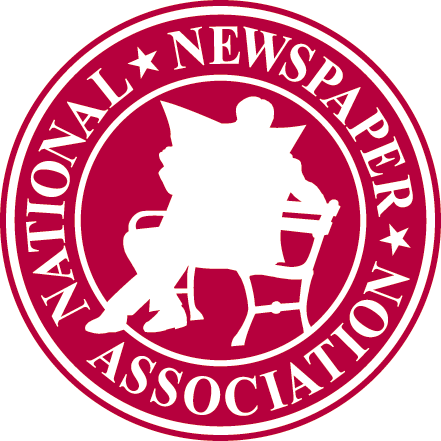Weekly Fiscal Facts are provided to Wisconsin Newspaper Association members by the Wisconsin Policy Forum, the state’s leading resource for nonpartisan state and local government research and civic education. The Wisconsin Policy Forum logo can be downloaded here.
- Download this column as a Word document
- See other WNA Member Content offerings
Wisconsinites are visiting public libraries about as often as they did two decades ago, but the digital revolution has changed how they use libraries, with Wi-Fi and electronic content use and program attendance on the rise, according to a new report from the Wisconsin Policy Forum..
Two key measures of library usage, total visits and circulation (books or other materials that are checked out) rose from 2000 to 2009, the height of the Great Recession. From there they declined, reaching a level in 2018 near where they had been 18 years ago.
But even as total visits dipped in the last decade, there were sharp increases in Wi-Fi use, e-content circulation, and program attendance. Among 106 libraries that tracked Wi-Fi usage from 2013 to 2017, it increased 103%. National research suggests rising program attendance could be due in part to public perception evolving toward libraries being seen as more of a “community hub,” with resources for job training, language building, and youth programs, as opposed to simply a public space with free books.
The report concludes that local and state policymakers need to understand these trends when making decisions about funding for Wisconsin’s public libraries. New technologies may bring greater ongoing costs than books, but they also enhance the library’s ongoing value to the community.
This analysis is based on data from the state Department of Public Instruction regarding services and finances of the nearly 400 municipals, county or tribal libraries in Wisconsin. Each of these belongs to one of 16 public library systems in the state, funded primarily by municipalities and counties.
This information is provided to Wisconsin Newspaper Association members as a service of the Wisconsin Policy Forum, the state’s leading resource for nonpartisan state and local government research and civic education. Learn more at wispolicyforum.org.



